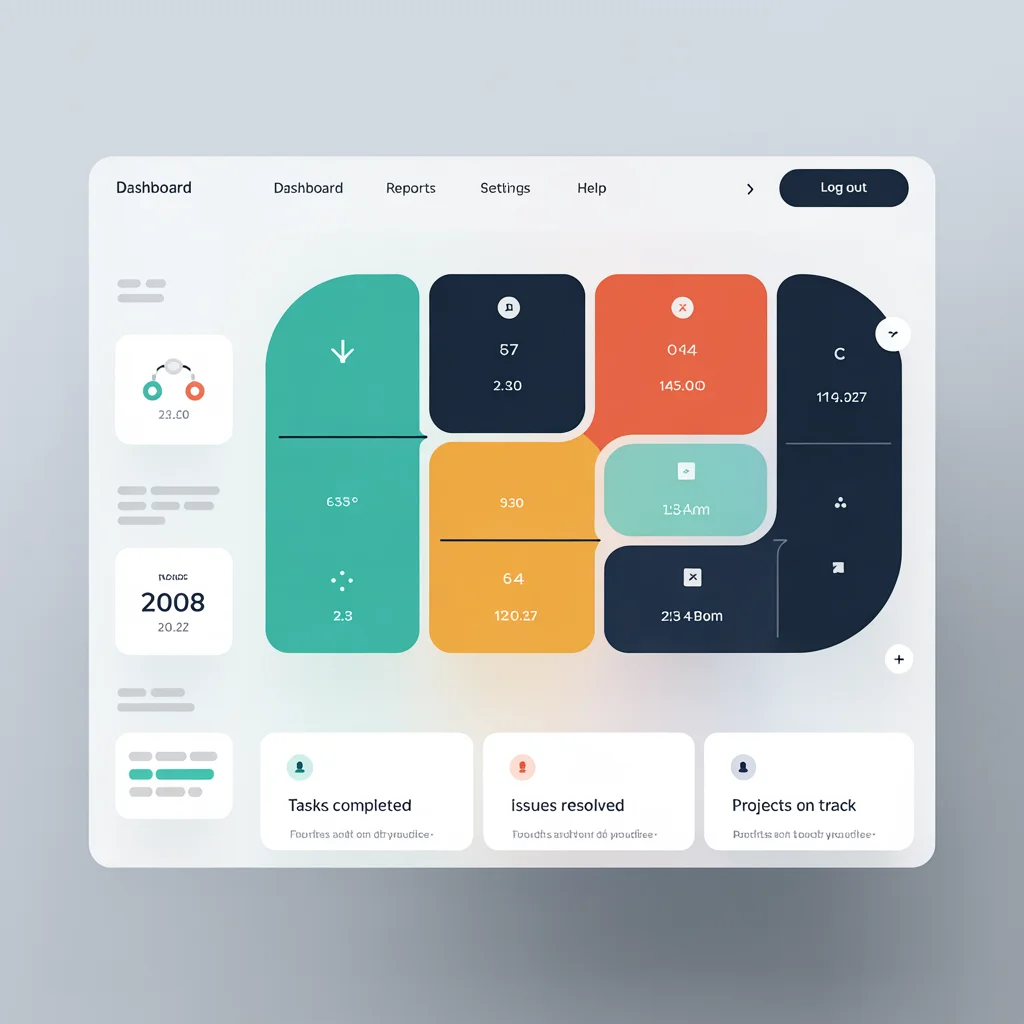
Style
Operational Workflow Maker
The Operational Workflow Maker style is designed to visualize and optimize business processes through clear, modern, and vibrant graphics. By transforming complex operational steps into clean, colorful diagrams, this style enables teams and organizations to quickly identify bottlenecks and streamline workflows. Perfect for operations managers, process engineers, and business consultants, the Operational Workflow Maker helps communicate procedures with clarity and impact.
Train AI Image Models
Train your own Character
Train a unique character from your own everyday photos, apply the ready to use Operational Workflow Maker to generate interesting and eye-catching images.

Input Image
Starting point for AI training is set of your images. More images of same character can be added to improve the model.
Pretrained AI model
Apply ready to use styles and effects on pretrained model or use custom prompt to generate images.


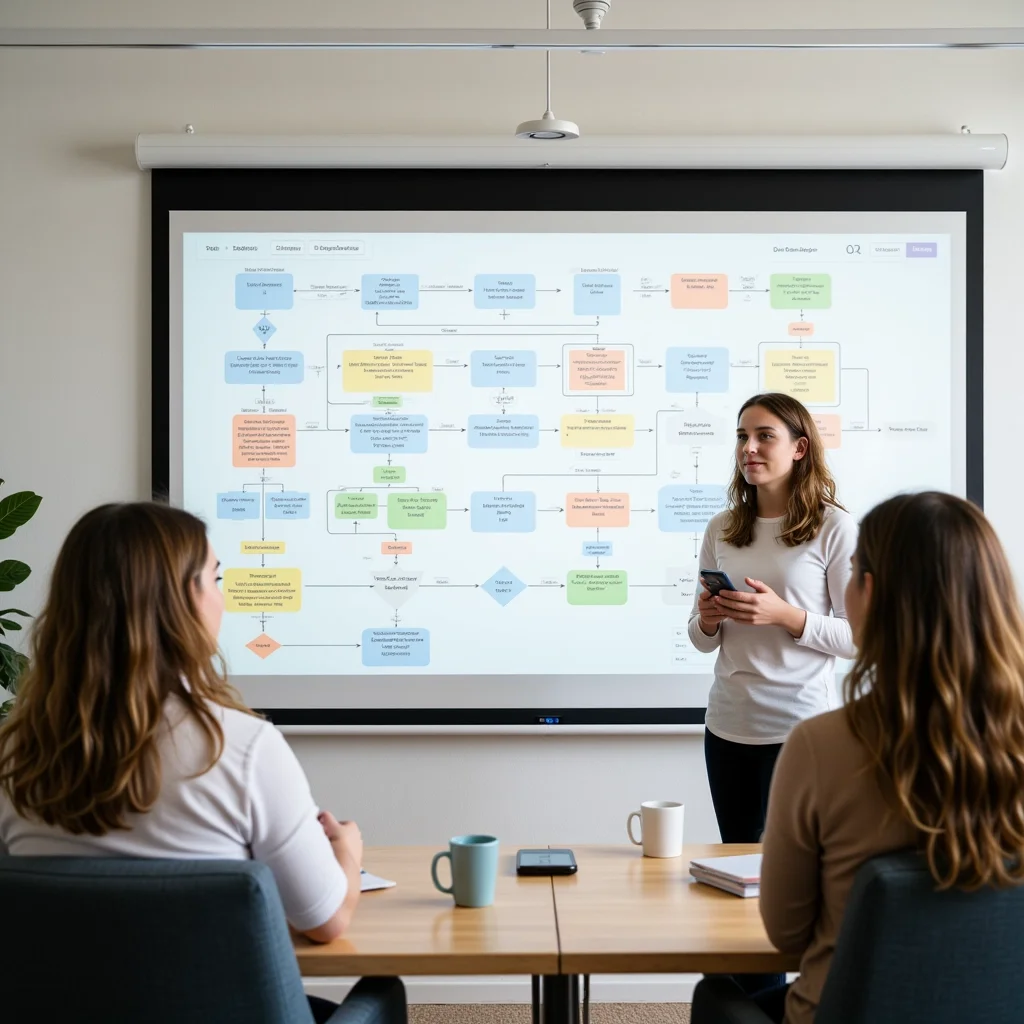
AI Generated Character with custom style
Images generated from the pretrained model
Streamline Your Operations with Modern Workflow Visuals
Transform your business processes into stunning, easy-to-understand visuals using the Photomatic AI workflow generator. Simplify operations, boost team clarity, and drive productivity with just a few clicks!
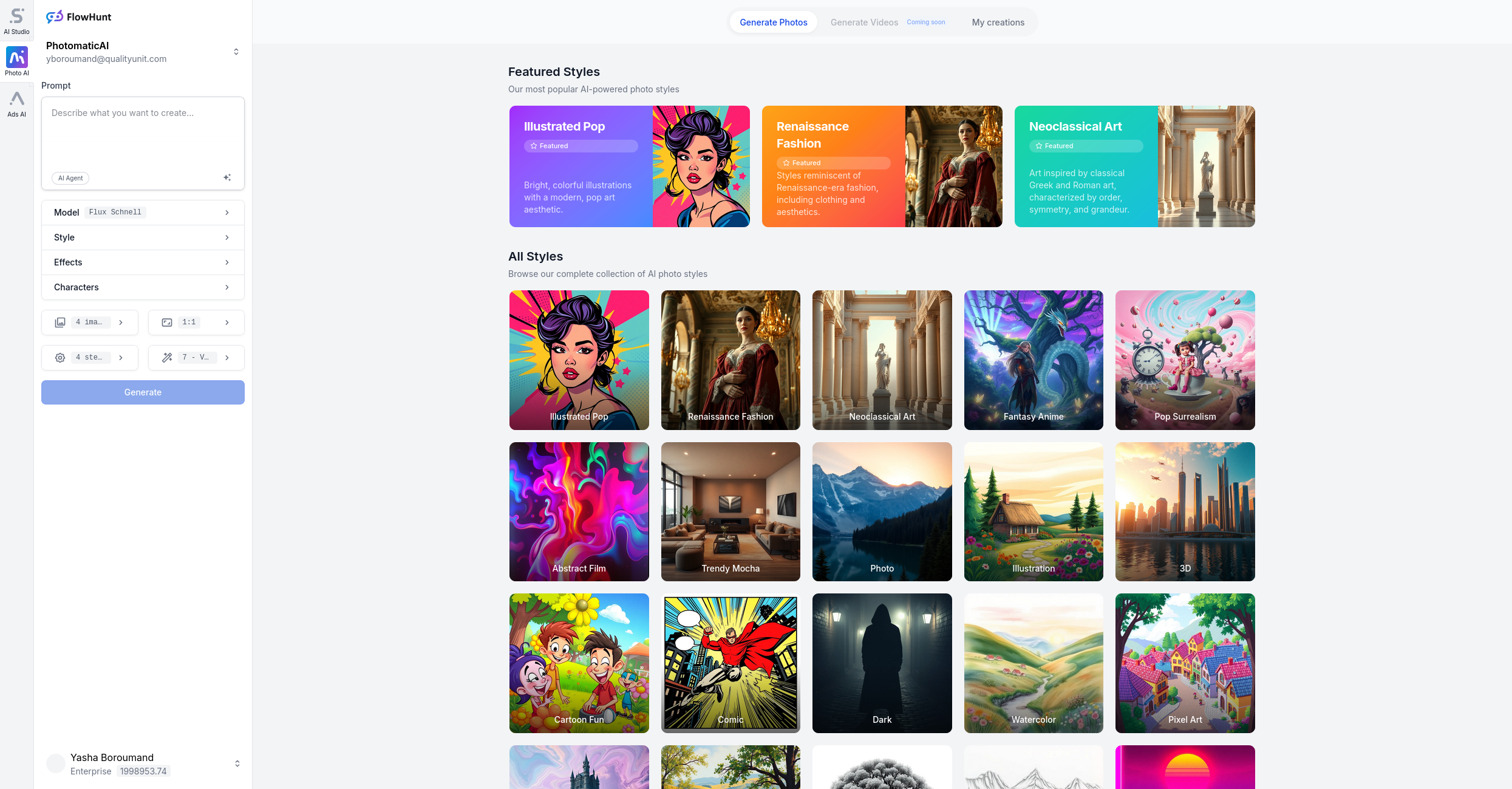
What is Operational Workflow Maker? Description and History
The Operational Workflow Maker is a visual style dedicated to turning complex operational processes into intuitive, modern graphics. By leveraging clean layouts, dynamic color schemes, and minimalist design principles, this style helps organizations communicate, analyze, and improve their workflows.
Workflow visualization has been a part of business process management since the introduction of flowcharts in the 1920s. Over time, advances in digital design and visualization tools have enabled even more sophisticated, aesthetically pleasing, and data-rich diagrams. Today, the Operational Workflow Maker leverages AI and modern design trends to deliver process visuals that are as functional as they are attractive.
Who is Using Operational Workflow Maker?
- Operations Managers: For mapping out and refining standard operating procedures.
- Process Improvement Teams: To visualize current and future state processes for Lean, Six Sigma, or Kaizen initiatives.
- Consultants and Analysts: For client presentations, audits, and recommendations.
- HR and Training Departments: To illustrate onboarding workflows and training modules.
- IT and Software Teams: For DevOps pipelines, system architectures, and service blueprints.
Examples of this effect
Workflow Overview
Prompt: operational workflow, process visuals, vibrant colors, clean design, modern style

Streamlined Pathways
Prompt: workflow optimization, streamlined pathways, dynamic arrows, minimalist modern color palette
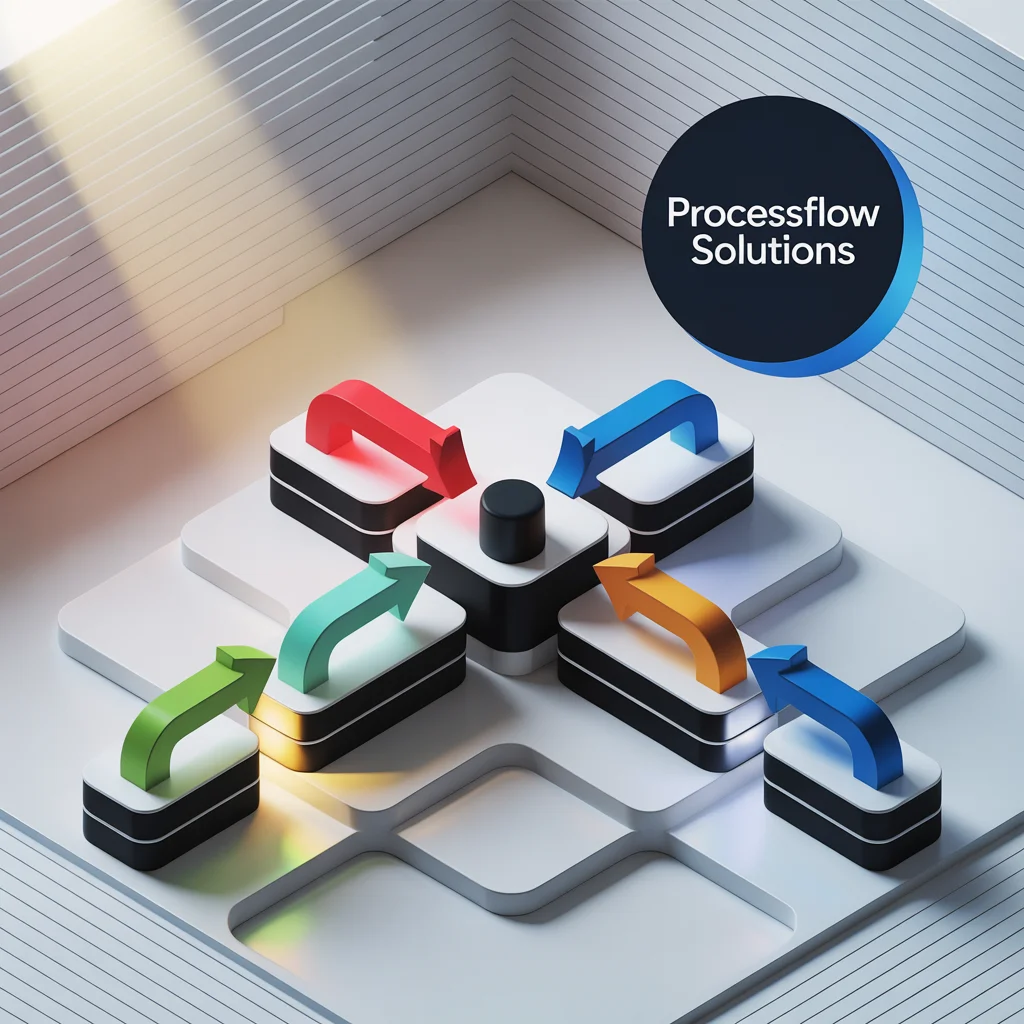
Business Map
Prompt: business process map, interconnected steps, colorful modern diagram, flat clean design
How Does Operational Workflow Maker Enhance Photos?
- Clarifies Complex Processes: Converts detailed procedures into easy-to-follow visual steps.
- Engages Viewers: Uses vibrant colors and modern design to grab attention and maintain engagement.
- Optimizes Communication: Makes it easier to explain workflows to diverse audiences, reducing misunderstandings.
- Highlights Opportunities: Visually exposes inefficiencies or bottlenecks, enabling targeted improvements.
- Accelerates Training: Simplifies onboarding and process education for new team members.
Use Cases for Operational Workflow Maker: When and Why to Use It
1. Business Process Mapping for Optimization
Turn sprawling operational procedures into succinct, visually pleasing diagrams that highlight improvement opportunities.
2. Training and Onboarding Documentation
Create step-by-step visual guides for new hires, making onboarding faster and more effective.
3. Project Management Overviews
Visualize project workflows, dependencies, and milestones for teams and stakeholders.
4. IT Service Design
Map out software deployment, support, or DevOps processes for technical and non-technical audiences.
5. Change Management Communication
Showcase process changes and transitions to facilitate organizational buy-in and smooth implementation.
Pro Tips for Using Operational Workflow Maker
- Keep It Simple: Focus on clarity—avoid unnecessary details or clutter.
- Use Color Wisely: Assign specific colors to different process stages or departments for quick reference.
- Highlight Key Steps: Use bold or contrasting elements to draw attention to critical actions or decision points.
- Iterate and Improve: Continuously update your visuals as processes evolve.
- Ensure Accessibility: Use readable fonts and high-contrast color schemes for maximum accessibility.
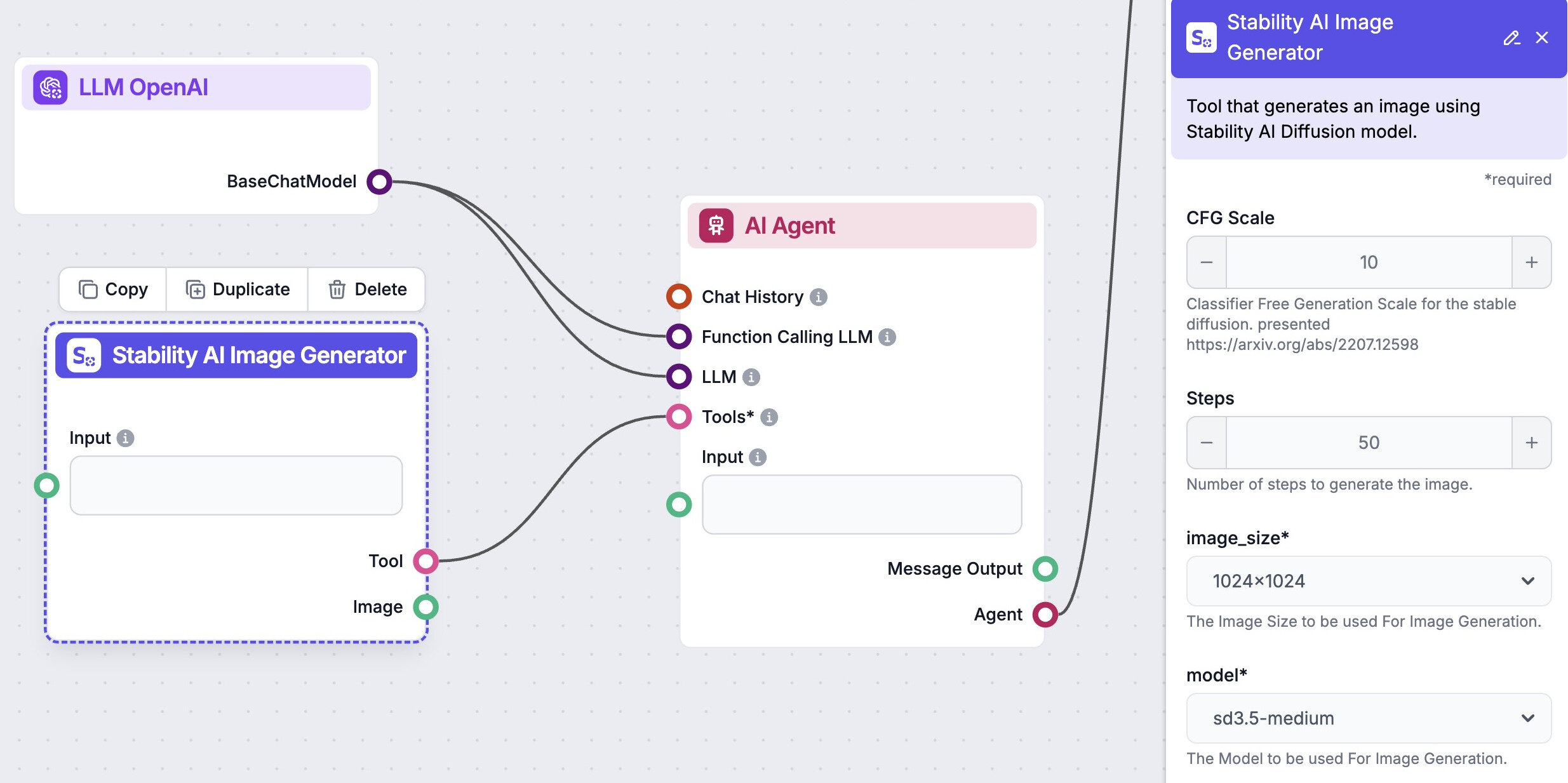
Automate your image generation with AI Agents
Generate At Scale With The Operational Workflow Maker
Frequently asked questions
- What is the Operational Workflow Maker effect?
The Operational Workflow Maker effect creates visually appealing diagrams and graphics that represent business processes and workflows. It uses vibrant colors and a clean, modern design to make complex operations easy to understand and optimize.
- How do I make operational workflow visuals with Photomatic AI?
Simply enter your process details or upload a basic description—Photomatic AI will generate a modern, professional workflow diagram that’s ready for presentations, reports, or training materials.
- Who should use the Operational Workflow Maker?
Operations managers, process engineers, business analysts, consultants, and anyone involved in process optimization or workflow communication will benefit from this visual style.
- Can I customize the generated workflow diagrams?
Yes! You can fine-tune prompts or combine this style with other effects to match your brand colors, add specific elements, or highlight key process steps.
- Is this style suitable for technical and non-technical audiences?
Absolutely. The combination of clean design and vibrant colors ensures that both technical experts and non-specialists can easily understand the visualized processes.
We automate marketing with AI
Let us help you automate your marketing tasks. Our platform allows you to create custom AI chatbots, agents, and workflows that can handle a wide range of tasks, from customer support to content generation.
- High-Quality Visual Content
Generate professional marketing visuals in seconds. Our AI creates stunning images that maintain brand consistency across all your campaigns without expensive design services.
- Content Creation at Scale
Produce large volumes of customized content efficiently. Create hundreds of images, blog posts, and marketing materials simultaneously with our AI automation workflows.
- Custom Brand Identity
Train AI models on your brand assets to create unique, on-brand visuals for any campaign. Maintain consistent visual identity across all marketing channels with character training technology.
